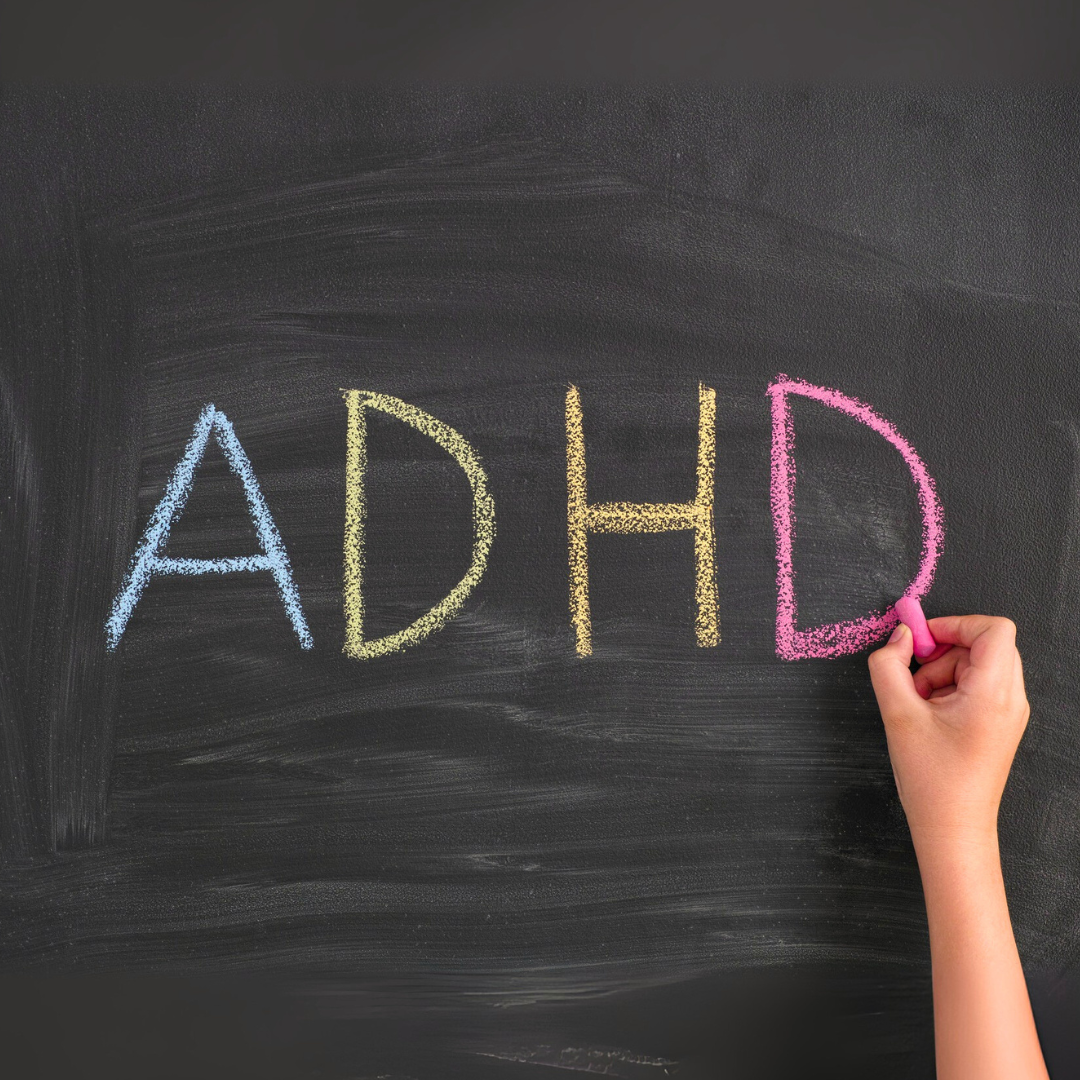Every week in the pharmacy I hear the same question from parents: “What is better for helping my child sleep, magnesium or melatonin?”
It is an understandable concern because bedtime is rarely as simple as turning off the lights. For many families, the evening routine can feel like a struggle, and when children do not sleep well the effects ripple through the entire household. Everyone ends up more tired, more stressed, and less resilient the next day.
Magnesium and melatonin are often mentioned in the same breath, but they are very different. One is a nutrient that the body requires every day as part of normal growth and development. The other is a hormone that should only be used under medical supervision. As a pharmacist, I want to explain how these two options works, which is safer for children, and how parents can approach sleep support in a balanced and thoughtful way.
Why Children’s Sleep Matters
Sleep is not simply downtime for a child. It is the period when growth hormone is released, memories are consolidated, and the immune system is strengthened. When sleep is consistent and restorative, children are more focused at school, more emotionally stable, and more resilient in daily life.
When sleep is disrupted, the consequences are obvious. Learning becomes harder, behaviour can become more challenging, and parents often feel the strain as much as the child does. This is why I always emphasise that the first step must be to establish healthy routines. Consistent bedtimes, a calming ritual before sleep, and a cool, quiet environment are the true foundations of rest. These practices are more powerful than any supplement and should always come first. For more practical tips, explore our Kids & Family Health Hub.
Magnesium: A Nutrient With Calming Potential
Magnesium is one of the most important minerals in the body, involved in more than 300 different processes. It supports nerve function, helps muscles relax, and contributes to balanced energy levels. When children do not get enough, it can appear as restlessness, irritability, or even night cramps.
The form of magnesium matters. Magnesium glycinate is particularly well absorbed and gentle on the stomach. It combines magnesium with the amino acid glycine, which itself has calming properties. This makes it a preferred choice for parents and health professionals when supplementation is needed.
Diet should always be the first source of magnesium. Leafy greens, nuts, pumpkin seeds, legumes, and whole grains are all excellent sources, and you can find more guidance in our Nutrition & Wellness Hub. However, I recognise that not every child eats perfectly every day. In cases where intake is lacking, a simple magnesium powder may be helpful, provided the dosage is appropriate for the child’s age.
Melatonin: A Hormone, Not a Nutrient
Melatonin plays a very different role. It is a hormone produced naturally in the brain as daylight fades, signalling to the body that it is time to sleep. Supplemental melatonin can be useful in certain situations such as circadian rhythm disorders or jet lag.
In Australia, melatonin is available for children only by prescription. This restriction exists for good reason. Research into its long-term impact on growth, puberty, and hormone balance is still ongoing. For that reason, I never recommend that parents give melatonin to their child without medical supervision. If it is needed, it must be prescribed and monitored by a doctor. You can read more about safe, natural options for sleep in our Sleep & Stress Hub.
Which Is Safer for Children?
When I compare the two, magnesium is the gentler, nutrient-based option, while melatonin may be suitable but requires caution. Magnesium taken within safe limits is generally well tolerated. Melatonin, however, has a direct effect on hormone balance and body rhythms, which is why it must always remain under medical oversight for children.
How Much Magnesium Is Safe?
Parents often ask how much magnesium is too much. International guidelines provide clear upper daily limits for children, combining both food and supplements:
- Ages 1 to 3 years: up to 65 mg per day
- Ages 4 to 8 years: up to 110 mg per day
- Ages 9 to 13 years: up to 350 mg per day
These figures highlight that more is not necessarily better. Labels can be confusing, so it is important to look at the amount of elemental magnesium, which is the active component that the body uses. If you are uncertain, ask your pharmacist to help interpret the numbers. For more guidance, visit our Kids & Family Health Hub.
My Guidance for Parents
If your child is struggling with sleep, begin with the basics. Protect bedtime routines, reduce screen exposure, and create a calm environment that encourages rest. Nutrition should come next because a diet rich in whole foods often makes a noticeable difference. You can learn more about the connection between nutrition and immunity in our Immunity & Wellness Hub.
When extra support is required, magnesium glycinate can be considered. It is well absorbed and gentle, and it can be a useful option when taken within safe age-specific limits and with professional guidance. Melatonin, by contrast, should only be used under prescription and in clearly defined circumstances.
For parents who are themselves struggling with sleep, know that you are not alone. Adult formulations such as MagZorb Sleep, which combines magnesium glycinate with calming herbal ingredients, can be a gentle option. These products, however, are designed for adults and should never be given to children.
The Bottom Line
From my perspective as a pharmacist, magnesium is usually the first and safest step in supporting children’s sleep. Melatonin has a role, but only under medical supervision.
Above all, remember that supplements are supportive tools, not replacements for the essentials. Routine, environment, and diet remain the cornerstones of healthy, restorative sleep.
Disclaimer
This article is for general information only. It does not replace medical advice. Always consult your doctor, pharmacist, or healthcare professional before giving any supplement to a child.




